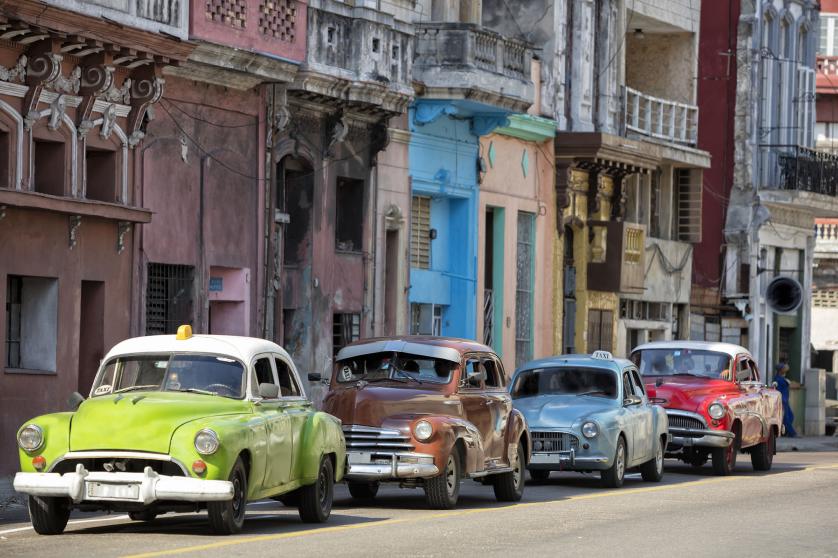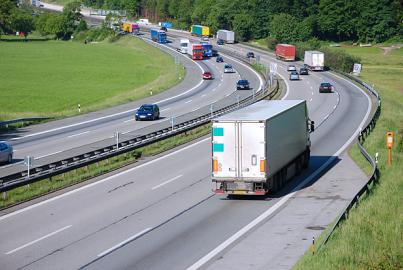Ban of combustion engines might cause Havana effect in Europe
Other related content
Read more
How Quantum Computing Can Power Europe
26.03.2025
Read more
Build, build, build houses
26.03.2025
Read more
It’s time for Europe First
26.03.2025
Read more
Read more
Read more
Keep it simple! A path to greater efficiency
11.03.20256 / 54








